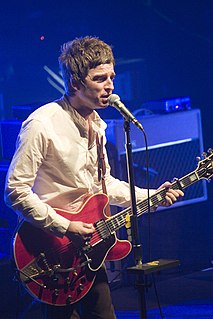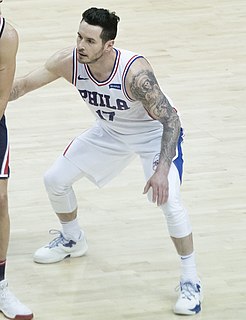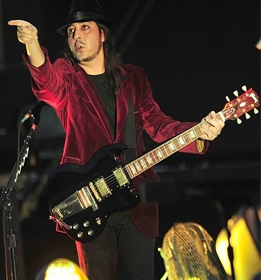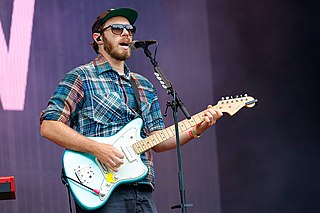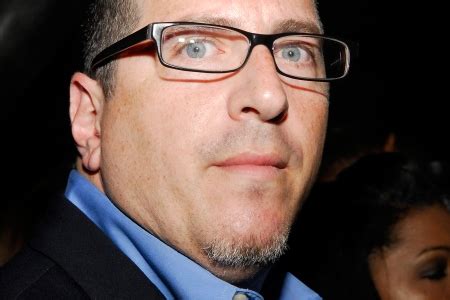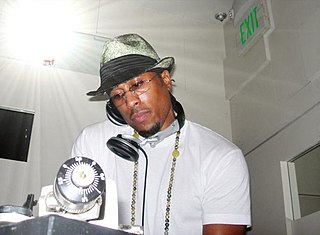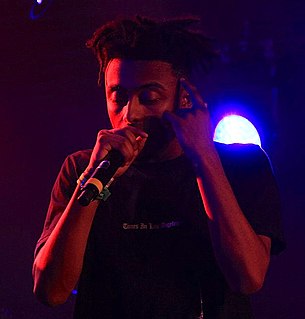A Quote by Noel Gallagher
I don't dislike rappers or hip-hop or people who like it. I went to the Def Jam tour in Manchester in the '80s when rap was inspirational. Public Enemy were awesome. But it's all about status and bling now, and it doesn't say anything to me.
Related Quotes
To me, that's the biggest problem with hip-hop today is the fact that everyone believes that all of hip-hop is rap music, and that, when you say "hip-hop," it's synonymous with rap. That when you say "hip-hop," you should be thinking about breakdancing, graffiti art, or MCing - which is the proper name for rap - DJing, beat-boxing, language, fashion, knowledge, trade. You should be thinking about a culture when you say, "hip-hop.".
In this time, we incorporate money and media, and it's split up like apartheid, where when you say "hip-hop," you think just rap records. People might have forgot about all the other elements in hip-hop. Now we're back out there again, trying to get people back to the fifth element, the knowledge. To know to respect the whole culture, especially to you radio stations that claim to be hip-hop and you're not, because if you was a hip-hop radio station, why do you just play one aspect of hip-hop and rap, which is gangsta rap?
The hip-hop that I really connected with was Public Enemy, KRS-One, Ice Cube, and N.W.A. That late '80s and early '90s era. The beginning of gangster rap and the beginning of politically conscious rap. I had a very immature, adolescent feeling of, "Wow, I can really connect with these people through the stories they're telling in this music."
A lot of MTV's programming is hip-hop based, and the messages are usually all about bling bling. A lot of hip-hop artists sing about stuff that's more important, but they seldom get heard. The ones who get heard are the ones saying, 'Think about yourself. Make your money. It's all you. Everybody have a good time and party.'
If I were to critique myself - step out of KRS objectively and look at him - I would say that KRS has introduced the concept of being hip-hop, not just doing it. The concept of rap as something we do, while hip-hop is something we live. The concept of living a culture. Don't just look at hip-hop as rap music, see it as a culture.
I have always been involved with radio, whether it was as an artist talking to radio about my own songs, or as a promotion man at Def Jam to working records through my company. In 2000 I was asked to host a show in Norfolk VA and through that show I was then asked to host the morning show in Detroit. The concept of the show was around Hip Hop. We were active in the community and we wanted to do a local show that had a hip hop feel around it.
